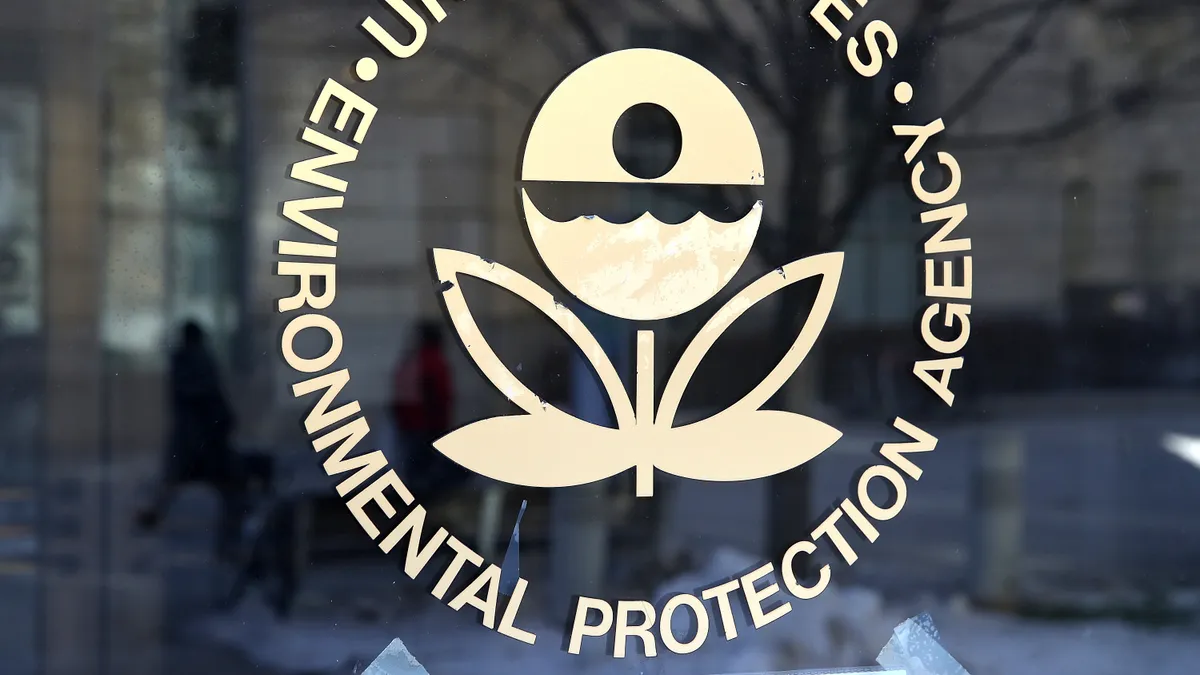OTTAWA – President Donald Trump pulls back from imposing 25% tariffs on most goods exported to the U.S. from Mexico and Canada after securing promises from his US-Mexico-Canada Agreement trading partners to spend more on border security.
But with his administration still planning to impose duties from March 4, should it not be happy with the Canadian and Mexican governments, relief for these countries and their auto sectors could be short-lived.
In Canada, David Adams, president and CEO, Global Automakers of Canada, tells WardsAuto: “The uncertainty will drive a lot of investment into the U.S. from Canada and Mexico.”
Trump’s actions – citing the International Emergency Economic Powers Act to halt the flow of drugs, which in Canada’s case involved just 43 lbs. (19.5 kg) of fentanyl being seized at the U.S.-Canadian border in 2024 – has undermined faith in free trade agreements, Adams warns: “People are saying nobody will want to invest in Canada anytime soon. On one level it demonstrates that the USMCA isn’t worth the paper it’s written on. The WTO (World Trade Organization) rules-based trading regime seems to have gone by the wayside. The U.S. is focusing on economic development and attracting investment any way that it sees fit.”
Underlining the arbitrary policy of the U.S. government, Trump comments on his Truth Social account that the Canadian deal will actually be reviewed regarding the amount of economic concessions Canada gives America in the coming month, not a proffered C$1.5 billion ($1 billion) border security plan: “I am very pleased with this initial outcome, and the Tariffs announced on Saturday will be paused for a 30-day period to see whether or not a final Economic deal with Canada can be structured,” posted Trump.
"Who knows what we’re dealing with?” comments Adams. “Is it fentanyl; is it the border; is it banking (Trump called Monday for more access to the Canadian banking market); is it trade deficits? It's like ‘pick an issue’ and ‘bait and switch.’”
In Mexico, where Trump postponed its tariffs after President Claudia Sheinbaum offered to send 10,000 national guard soldiers to the U.S. border, “We will have to wait and see if President Trump’s expectations can be met,” says Thomas Karig, an automotive sector consultant based in Puebla, México, and a former corporate relations and compliance officer vice president at Volkswagen.
He tells WardsAuto: “If the tariffs are implemented the main effect would be a price increase for consumers, which could lead to a reduction in demand. This could be something that the Japanese, Korean and European companies could benefit from, but we would have to await a possible tariff on those companies if (Trump’s) intention was to incentivize national production,” he adds.
The Mexican automotive industry association AMIA, the national auto parts industry association and the heavy vehicle producers’ association had earlier attacked Trump’s planned tariffs: “This measure not only weakens the most integrated North American industry, but also affects the U.S., Mexican and Canadian domestic markets with a direct impact on consumers,” said the associations.
Should the Trump Admin. decide in March to impose the duties on Mexico anyway, Karig says: “The entire industry will be affected because everybody exports a large part of their production to the United States, directly or indirectly. The company with the least export dependence is Nissan (70%). According to Mexico’s Expansion magazine, should the tariffs be implemented, the most vulnerable Mexico-based manufacturers include Ford, Toyota, General Motors, Honda and Stellantis, who export more than 75% of their production to the U.S.
“There’s the option to export to other markets” because of free-trade deals with the European Union and South America, “but that will be decided by each company and will depend on the possibility to supply the U.S. from other plants,” says Karig.
He says future Chinese investments in automakers exporting to the U.S. would end because in the upcoming USMCA review “this will certainly be a topic that will be conditioned by the United States.”
Brendan Sweeney, managing director of the Trillium Network for Advanced Manufacturing in Ontario, warns the uncertainty over tariffs probably will delay the swift flow of investment seen since 2022 in building a BEV supply chain in Canada, but that may have a positive side: “It might cause things to move slowly,” with BEV projects planned to remain in Canada for 40 to 50 years to be built with more care: “We have quality. We can have quantity later,” he says, taking account of slower growth in demand for BEVs, perhaps with more production of hybrids in the meantime. The tariff row could be a prelude to the scheduled 2026 USMCA review, he said: “It's a shot across the bow, so we know this is serious stuff.”
Ross McKenzie, board director at ITS Canada (Intelligent Transport Systems) says should the U.S. tariffs on Canada be imposed, American plants would suffer, relying on significant portions of parts sourced from Canadian manufacturers whose profit margins would disappear with 25% tariffs: “You can’t just shut a plant in Ontario and open one up in Michigan and Ohio,” he says, predicting much American production will come to a standstill and adding, “The pain will be inflicted and be felt by Americans.”
To strengthen Canada’s position going forward, McKenzie says Canadian provinces need to remove inter-provincial trade barriers to boost domestic Canadian auto and parts trades; Canadian parts makers should develop specialist components to target international niche markets; and the Canadian natural endowment of critical minerals serving the BEV sector should be developed. Adams hopes calls from U.S. auto industry associations and unions opposing tariffs will change Trump’s mind on protection: “Nobody wins in a tariff war. There are only varying degrees of losers. They are inefficient. They increase costs. And they hurt prices.”

















